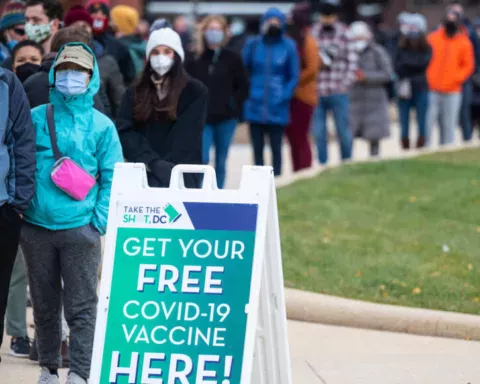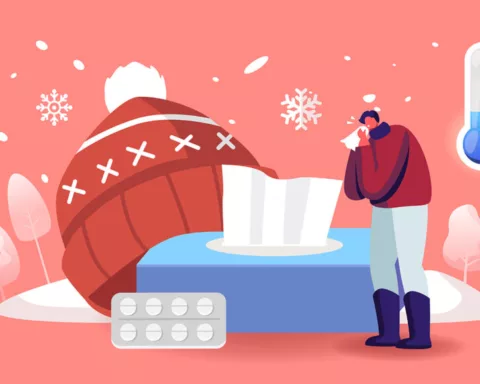Researchers claim to have isolated ‘the smallest biological molecule’ that ‘completely and specifically neutralizes’ the virus that causes coronavirus. The drug is named Ab8 and is seen as a potential preventative against SARS-CoV-2.
The researchers reported on September 14 in the journal Cell that Ab8 is highly effective in preventing and treating SARS-CoV-2 infection in mice and hamsters. Its tiny size not only increases its potential for diffusion in tissues to better neutralize the virus but also makes it possible to administer the drug by alternative routes, including inhalation. Importantly, it does not bind to human cells—a good sign that it won’t have negative side-effects in people. Ab8 was evaluated in conjunction with scientists from the University of North Carolina at Chapel Hill (UNC) and University of Texas Medical Branch (UTMB) at Galveston, as well as the University of British Columbia and the University of Saskatchewan.
Researchers are said to be “thinking outside the box” for how the drug could be administered, with some suggesting it may be inhaled or taken through a superficial injection instead of a more common IV. According to the report, the team at the University of Texas Medical Branch Center for Biodefense and Emerging Diseases and Galveston National Laboratory tested Ab8 and found it blocked the virus from entering cells. When trialed on mice, those treated with Ab8 had 10 times less of the infectious virus compared to those who were untreated. It comes as experts warn coronavirus will be with us forever unless a cure is found, according to Daily Star.
“Ab8 not only has potential as a therapy for COVID-19, but it also could be used to keep people from getting SARS-CoV-2 infections,” said co-author John Mellors, chief of the Division of Infectious Diseases at Pitt and UPMC. “Antibodies of larger size have worked against other infectious diseases and have been well-tolerated, giving us hope that it could be an effective treatment for patients with COVID-19 and for protection of those who have never had the infection and are not immune.” – he added.
Another big news surrounding Coronavirus is that thousands of coronavirus patients in NHS hospitals will be given a new cocktail of antibodies as British researchers expand the world’s largest trial of potential Covid-19 treatments. The Recovery trial, which includes 176 hospitals across the UK and is being run from the University of Oxford, was responsible for finding the first drug proven to save the lives of Covid-19 patients, the steroid dexamethasone. It will now recruit patients to test an anti-viral antibody cocktail developed by Regeneron, an American biotechnology company. The treatment consists of monoclonal antibodies, laboratory-grown versions of the antibodies patients develop to help fight off the infection naturally, which attach to virus particles, preventing them from infecting human cells, The Times wrote.
Monoclonal antibodies are potent, laboratory-made antibodies. They will be given to around 2,000 people to see if they are effective against COVID-19. It forms part of the UK Recovery Trial, which found that dexamethasone could save lives. The first patients will be given the new drugs in the next coming weeks. Antibodies could be described as the “warriors” of the immune system. When a virus infects your body, antibodies attach to the spikes of the virus and they are blocking it from entering your cells. But people produce many different types of antibodies. The most potent antibodies are called neutralising antibodies. Scientists “sieve” through them to find those that are best at sticking to the spike. The chosen antibody is multiplied in the laboratory and is produced in large quantities. This is then given to patients, immediately boosting their immune response, the BBC reported.
It is also interesting to note that a retrospective study published in JAMA Network Open finds that people with untreated vitamin D deficiency, measured as less than 20 nanograms per milliliter, may be almost twice as likely to contract coronavirus compared to people who get sufficient doses of the sunshine vitamin. The study, out of UChicago Medicine, looked at 489 patients whose vitamin D levels were measured within the year before being tested for novel coronavirus. Those patients with levels categorized as deficient were found to be more likely to have a positive COVID-19 test result.





